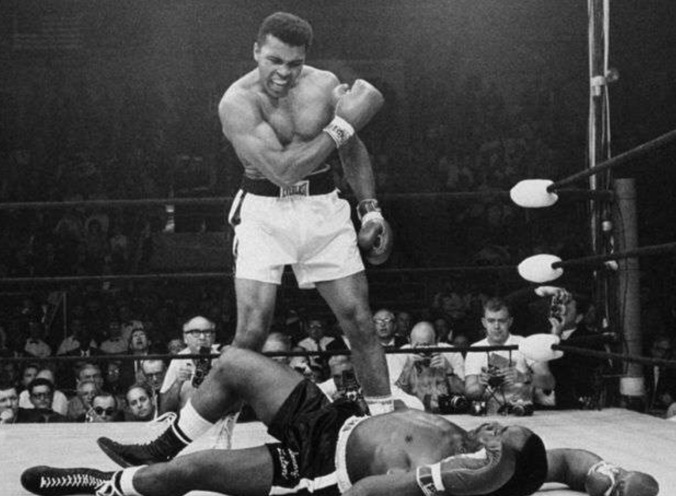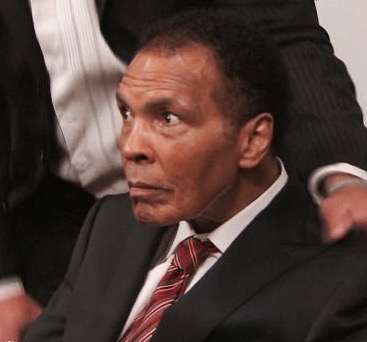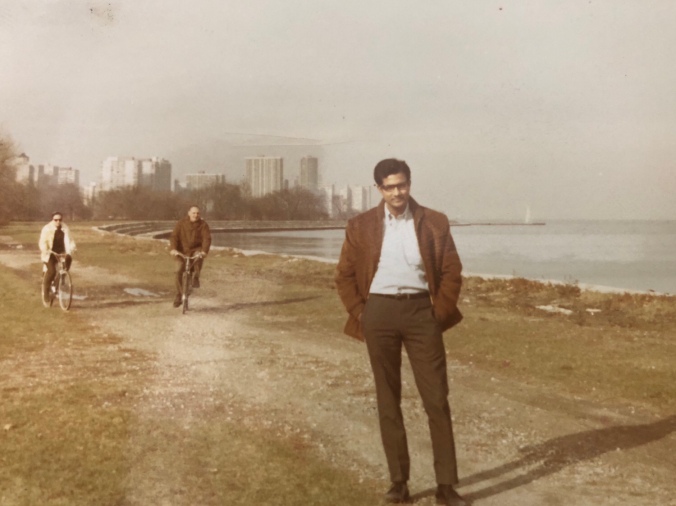
The Incredible Improbable Flight of the Boy from Patna
or
Regarding the Medium Between Fathers and Sons
or
A Gentleman’s Guide to the Cultivation of Modern Chivalry and the Dressing of Wounds
Reader,
You will be tempted to take this as a eulogy. Given the time and place you find yourself in, it is understandable why you would make the error. It is, after all, more than a week later and these words are the first his son has offered for public consumption. What follows, though, are not ruminations arrived at in the afterglow of the passing of his father but rather reflections the son had while he was very much alive. You will read of notions he would entertain during the natural lulls in conversation that would arise as he spent time with his father, an activity that consumed almost all the hours of the final few months of their shared existence. It was in those instances of pause that the son would become acutely aware of the quickening of time towards the completion of certain journeys. And unable to freeze the moment, the son would think about what he wanted the world to know about this unassuming man who had given his family the universe. But he would struggle to reduce these thoughts to writing for fear that committing them to ink would hasten the need to use the words in the manner you are now doing, Reader. You will indeed be tempted to take this as a eulogy. But that is not your fault.
On May 1st, 2018, Mohammad Shamim Mozaffar returned to his Creator. Inna Lillahi wa Inna Ilayhi Rajioon.
In the years that measured his life, he spent 45 as a father, 47 as a husband, 76 as a son and a brother, 12 as a grandfather, and remarkable stretches as a favorite cousin, a favorite uncle, a favorite brother-in-law, a best friend to many, a structural engineer, a poet, a runner, a cricket enthusiast, a cinephile, a student of politics (despite being an eternal optimist), a teller of jokes (both silly and profound), a conversationalist, and a listener. To meet him for the very first time was, as many have described, to be in the company of an old friend. He was a man of instant connection. At times, he would publicly exhibit ignorance of subject matter that he was an expert in (a habit that was the cause of much frustration for his loving family) just so that he could give the person talking to him the importance he or she deserved as they shared their thoughts. This was a man who, in his seventies, did an 8k and then realized he had foolishly parked his car at the beginning of the course so had to turn around and walk eight kilometers back. He was an exercise enthusiast – committing to everything from the published exercise regimen of soldiers in the Royal British Air Force to yoga. And yet he would patiently listen to fitness advice offered by people who, upon six seconds of assessment by any third party watching, were woefully – almost hilariously – unqualified to teach him anything. But he would marvel at the information being shared as if it were Plato deconstructing fables. When witnessed, this habit would often result in his loving wife bringing her hand to her forehead in a sign that the rest of the family interpreted as “we will be talking about this on the car ride home”.
He was born in Patna, a city in the Indian state of Bihar, to Mohammad Abu Mozaffar, who walked away from a career as a lawyer to become a teacher, and Masuda Khatoon, herself the daughter of a respected physician. He was the sixth of seven children his mother brought into this world. And though he was born in 1942, he measured his life by the years following his seventh birthday for, he would lament, he had no real memories of a time before the passing of his mother. At age seven, he lost her embrace, his wiper of tears, his anchor and his shade. Given the technological limitations of the time, there were no photographs of her and so, eventually, he would lose the memory of her face as well. His father would soon remarry and their family would, in a manner of years, grow by seven more children. He would go from being the youngest son to an older sibling to brothers and sisters he truly loved. And who loved him in return. But although he was surrounded by many who adored him, he would admit – in quiet moments – that he regarded his childhood as a difficult one.
On one such quiet evening he shared glimpses of a memory he could barely recall – of a conversation with his mother before she had passed. His older brother had just begun attending grade school and he remembered marveling at the fact that their mother would give him money to buy his own lunch. Noticing that he was impressed, she promised him that once he started attending school, she would give him a daily allowance as well. But by the time that day arrived, she had already passed. He shared that he still felt the anxiety of that seven year old waking up on his first day of school and wondering who he could remind of his mother’s promise. He had, his son would come to realize, the soul of an artist. He would often regard himself externally – as if he was watching himself experience a third person’s life – examining the collective moments of his existence in an effort to reroute towards a more fulfilling journey. He would share that he spent a good deal of his youth in anger at circumstance, frustrated that he felt unacknowledged. And though he loved his brothers and sisters with all his heart, when he left at the age of seventeen to go study in Pakistan, it was not just a physical journey. In his heart, he was taking his soul out of India and leaving the childhood it had amounted to behind.
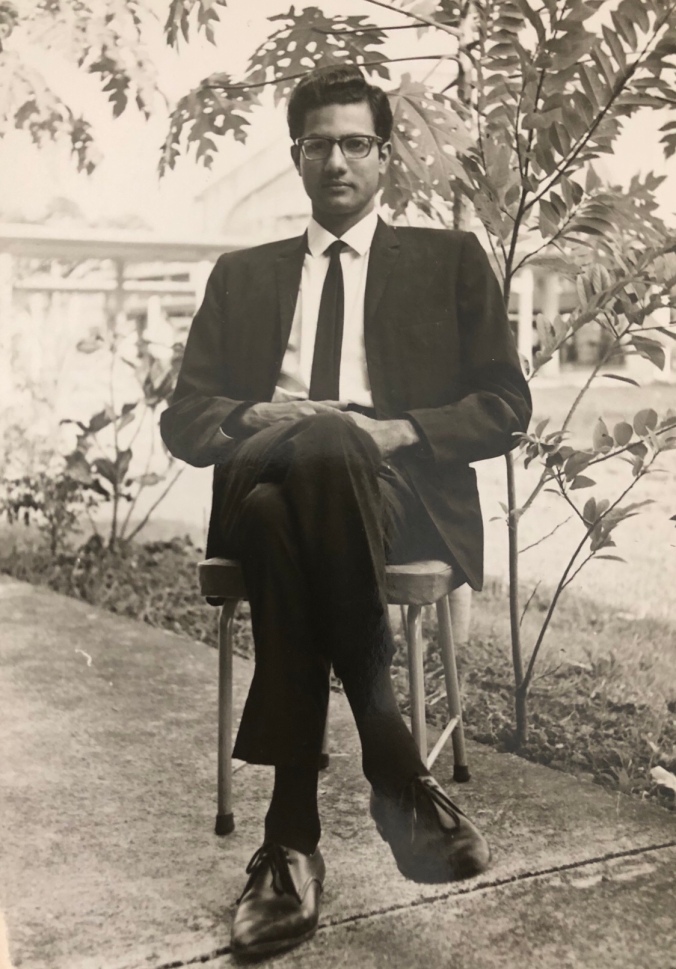
Over the next four years he would make annual trips back on a fifty hour train ride from Karachi, the complete exhaustion of which would dissipate upon seeing his beloved family, the most precious of whom was his own father. He had always known him to be a stoic, carrying himself with a dignity that did not allow for the displays of tenderness that he craved. But on one such visit from Pakistan in 1961, as he and his older brother packed up their bags for their return trip to Karachi, their father entered the room to say goodbye. Standing at a distance, he spoke of their mother and admitted that, though he had not allowed himself to shed tears in front of his children, suppressing the grief had left holes in his heart. And then he began to weep uncontrollably where he stood. The sons, though, were trapped by the stoicism that had informed their entire relationship. To hear it put in his own words, “the room was not large, but the distance to reach our father was too great to travel. And so we stood and watched him until he left the room.” Stunned, he did not exchange any words with his brother as they traveled to the train station that night to journey back to Pakistan.
He had found joy in Karachi, and though he only lived there for a handful of years, he considered Pakistan home and himself Pakistani. The friends he made there were still among his most treasured companions until last week. And it would be safe to assume that, for those he has left behind, they will continue to regard him as such. To witness them sit with each other was to experience time travel. When they were in each other’s company, they did not reminisce as old friends do, but rather transported themselves back to youth, ribbing each other in an uninterrupted conversation that, at last measure, had lasted almost sixty years.
In 1965, he completed his Bachelor’s degree in Karachi and then moved to Thailand for his Master’s. The further he moved from India, both in time and distance, the greater his understanding of himself grew. He would describe his time in Bangkok as life changing, in ways both joyful and sad, as he began to cultivate the life he wanted for himself. He found his style, so to speak, in the tailored age of the sixties – a dark pair of sunglasses and pressed collared shirts under a long coat. His friends would get dressed to the nines on even the most casual of outings, which at times would result in incongruous hilarity. On one occasion, his group got ready to go to the movies. They knew nothing of the film they were about to watch other than it had been nominated for Best Picture, just like their favorites Lawrence of Arabia and Dr. Zhivago, and so they were expecting fine art. As the lights dimmed and the frames began to roll, this group of men in their mid to late twenties, dressed in their finest, oozing bravado, smelling of tobacco and aftershave, slowly came to realize that they had made a horrible mistake – as they sat through the singing adventures of Mary Poppins. Even in the last few weeks of his life, when reminded of this story, he would groan in feigned anger, as if he wanted to wrestle those two hours back. He could smile about it now, but in a manner suggesting that the wound to their manhood was so severe when it was suffered that the only hopeful consolation this gang of cool could muster was that, ‘some day, we will be able laugh about this’.
But Bangkok was also where, for a brief period of time, he would feel the most lost and alone he ever would. On January 12, 1967, while he sat in his class, he noticed his flatmates standing in the doorway, anxiously gesturing for him to come in to the hall. They had received a telegram addressed to him from India saying simply, “Bheya has died”. The friends, correctly interpreting the word to mean “Older Brother”, assumed they were there to tell him that a beloved sibling had passed. But the telegram had been sent by his uncle, to whom the word would refer to someone else entirely. Though they did not know it, the friends had actually just handed him a telegram announcing the death of his father. He would say that the next two weeks were the hardest he had ever been through. He did not have the means to travel back home for the funeral and spent all his waking hours in a daze. He said he would fall asleep with his father on his mind and wake up with his name on his lips. He was devastated. But he credited the rigors of work with pulling him out of despair. Decades later, he would write in a letter to his college age son that “I literally had to force myself back to normal life. You know that Islam does nor permit mourning for more than three days and there is a lot of sense in it.”
After graduating with a Master’s in Engineering from Thailand, he was hired by a firm in Chicago. With only an offer letter in hand, he bought a one way ticket and boarded a flight to a country that not a single member of his family had ever visited, let alone lived in. He would quickly develop a circle of friends made up of men similarly situated: a motley crew of bachelors in a strange new world.
And then in 1969, having completed his education and secured a promising career, he was summoned to Pakistan by his older sisters. In the parlance of the time and culture, he was now “suitable”. It was time to get married and they had found him a bride. They had arranged his marriage to the beautiful daughter of an esteemed physician and his wife. He would grin when his sisters would describe her and, upon finally seeing her, was hopelessly smitten. In time, he would describe to his daughters what it was like to meet her. “She was like a doll” he would say, and often jokingly imply that she was too good for him in every way. And, overhearing the admission, she would jokingly agree.
He returned to the U.S. in 1970 with his wife by his side; their lives filled with the frenetic energy of a young couple trying to find their way. She would become everything to him. He looked forward to coming home everyday to find her waiting at the train station to walk with him. His children would later notice that he had a specific smile reserved uniquely for her, his eyes slightly squinting before the corners of his mouth turned upward. It was a look of joy as much as it was of awe. And to witness it was to understand that he would never truly be able to articulate how much he adored her, for words were far too clumsy a medium.
Their lives in Chicago were defined by the company they kept. His small rag tag group of friends quickly doubled in size, as one by one the bachelors got married. Nights out on the town transformed into potluck dinners. His kids would note, when coming across photographic evidence of the times, that they must have been joyous years: the wives in their glamorous beehives and saris, the husbands indulging an unhealthy obsession with sideburns and plaid.
In June of 1972, he became a father. To a son. He would raise the child from boy to man, giving him every advantage in life he could afford. He would do all the things fathers do for their sons: teach him to walk, to talk, to ride a bicycle, to drive a car. But he also did so much more. He would come home from work exhausted, and then patiently sit with the boy and help him with his homework (though the boy would not recognize it as patience at the time). He instilled passion in the boy to live his own unique life. He would leave his son with enough grand memories to fill a few lifetimes worth of beauty, but it was the smaller moments the boy would relish. He would not forget the feel of his father’s grip on their first trip to the cinema together – a showing of King Kong – when the boy was just five. He would not forget the moment that his father admitted to him that no one had ever taught him how to swim but then jumped into the deep end of the pool so his son would know that there is nothing to be scared of. He would not forget the bemused exasperated patient look on his face that day in fifth grade when the boy explained that, yes, he had once again forgotten his homework assignment at school but that the disappointment arising from this news should be mitigated by the fact that a series of astounding events that day had confirmed what the boy had always suspected – that he had telekinetic powers. He would not forget the car rides to school – when his father would share stories of his childhood and quiz him with math equations. He would not forget the day he told his father he had passed the bar exam. Or the day he told him he was going to be a grandfather. Or the day he introduced him to his grandson. And he would not forget what it felt like to lift him from his bed every morning and embrace him. In time, he would leave the boy with all these memories.
In 1975, he would pack up his small family of three and move to the tiny oil-rich country of Kuwait, where his eldest brother had settled quite a while earlier. It’s proximity to Pakistan and the wealth of relatives who lived there made it an ideal choice for his young family. The family would soon grow by two daughters, who would light up his life in a manner he could not have expected. His son would note how characteristics of his father’s personality were perfectly distributed among the two sisters: academics, athletics, everything. And he would notice how his father’s heart would melt in their presence, that he would become a different person altogether – immensely silly and tender. Sometimes the boy would entertain pangs of jealousy at their relationship. He would remember one occasion when he could hear his father making his sisters laugh uncontrollably in the family room. Curious, the boy entered the room himself to witness whatever silliness was afoot but, upon seeing his son, the father suddenly stopped. And returned to the dignified posture the son was accustomed to, ignoring his daughters’ protests to “Show Bheya, Papa! Show Bheya!” The boy would grow frustrated by moments like these – incorrectly interpreting them as a lack of comfort between father and son. But he would come to realize the choice to distinguish the relative relationships did not come from a difference in amount of love, but the expectations he had of the boy. Insofar as how to care for the two girls filling his soul with light, he treated his son as a contemporary in spirit. The father and son would share levity in their own time, but he needed the boy to display a higher level of dignity in front of the girls. And he was training him to do so. This was not altogether surprising as, after the passing of his own parents, he had been raised by his elder siblings: his older brother had paid tuition bills, his older sisters had arranged his marriage; they had taken on responsibilities expected of them. And he needed the boy to understand what that meant. Of course, the boy would often forget the lesson in the decades spanning the relationship with his sisters – giving way to natural sibling conflicts and arguments, maturation only exacerbating the differences – but on the day after his father was laid to rest, the boy visited his grave and, kneeling in the grass, promised to heed what he had tried to teach him so long ago.
Despite being born in India, and being a Pakistani and American by choice and citizenship, he lived in Kuwait for the vast majority of his life: 43 years. It was, in fact, his home. As a structural engineer, his career flourished. He designed buildings that became landmarks; one of which – the Kuwait Stock Exchange – is actually on the flip side of the twenty Dinar bill. Over time, many of his brothers and sisters moved in and out of the country. Friends came and went. But the young couple from Chicago remained. They journeyed through the seventies, the eighties, the nineties, and the beginning of a whole new century; welcoming more and more people into the community. Their home was central to Eid parties, iftaars, mushairas, and late nights of bridge. They served on boards and founded institutions. It became a matter of expectation that each new ambassador sent to represent Pakistan was required to visit the Mozaffar home upon arrival. They raised their children there and then sent them off to college. They gave them a life full of joy and adventure and love. And heartache. Among the memories housed in Kuwait was the all too brief appearance of a fourth child – another son – who seemed to arrive as a reminder that life is fleeting, and it caused quiet devastation in the house. Through it all, he remained steadfast, his optimism infectious.
The family would need that optimism.
The diagnosis of cancer came in stages. It began with some troubling symptoms that needed explanation. And then a series of progressions that would illustrate how aggressive his particular disease was. From the time of the final precise diagnosis – when he learned as to how rare the affliction was – to the moment he beat cancer was about one year, on the 15th of Shabaan. He was never going to beat death. None of us will. That time is written. But he beat his disease. Cancer came to destroy his spirit, decimate his optimism, and rob him of grace – and it failed miserably. He not only defeated the nemesis in spectacular fashion but wrestled spoils away. He had spent his life unassuming; unaware of who he was to others. But one day, after he had moved to America to attempt a final go at experimental treatment, he held the hand of his youngest brother, who had just shared a childhood memory that placed him in the center of it, and proclaimed through tears that, “If I’m crying, it is not because of the disease. I am bothered by neither the diagnosis nor my prognosis. If I’m getting emotional, it is because I did not know this many people loved me.” And so many people did.
He was the first in his family to come to the United States and almost immediately started sponsoring his family members for citizenship, preparing for their arrival. At last count, those who can trace their American lineage to him number about five hundred. The day after his death, and in anticipation of his janazah, people began to travel in from all over – some crossing continents and oceans. Some would fly in and out just so they could be present for the funeral prayer. Gathered in his son’s home, his siblings would remark that they didn’t know what to say – that they hadn’t had a death among them in decades. It had been a remarkable stretch of good health for a family as large as theirs. His eldest sister had passed on many years ago but, since then, they had not come together as they did now. To his son, though, perhaps this was how things were always meant to be. This was his role: to be the first to go to the next place – whether that be America or the Beyond. And make preparations for others to follow. He was neither the eldest nor the youngest of his family, rather he was anchored right in the middle. He was a tentpole – the tall beam planted in the center of the space the shelter occupies, holding everything up, ensuring that every corner is covered in shade. He was meant to be in the middle.
He had spent his life in gratitude to the Almighty and to anyone and everyone around him. Even on the morning of his passing, he called his grandchildren’s nanny, who happened to be walking by, into his room. She would share later that he told her, “You are so sweet. You bring me blankets when I ask. I just want you to know that I appreciate you.” He would have considered it a sin not to let people know who they were to him. Even when he was in the thick of pain, he would thank anyone attending to him so profoundly that even hospital clerical workers would remark as to how warm he was after a few seconds of interaction. It is important to know that he chose to be that way. He had had a tough young life, and he would have been justified in spending his years angry at the universe. But as a young man, he undertook a deep examination of himself. He would often take a gentle ribbing from friends and relatives as to how many self-help books he read. He diagnosed his shortcomings and strove to change them. To the extent that his life evinced a lasting message for people willing to notice, it was that you are who you choose to be.
He also had one overarching piece of advice for his loved ones – “Don’t miss out on your life.” He would use those exact words to chide people into action and lived by them himself. As a younger man, when his hair started to grey, he – like many – began to dye his hair black. But then one day, after years of doing so, he suddenly stopped. The change was drastic, as if he aged a decade in a month. When his son asked him why he had chosen to do so, he explained “I realized that there is something unique to be experienced in every phase of life and, if you do not acknowledge and embrace your age, you’ll miss out on the beauty of that time.” He was, in the truest sense of the word, always present. Cancer was trying to steal time from him. He in turn used every waking moment to say the things he wanted to the people he wanted to say them to.
He had deeply taken all the breaths allotted to him and lived an utterly complete life. He had done all he was meant to do in this plane of existence. He had loved and had been loved. He was done here.
And what of those things left unresolved? Those pains he was unable to heal?
I told you, Reader, that you would be tempted to take this as eulogy – an account of one having reached the end of their journey. But this is not that.
Because on May 1, 2018, at around 9 a.m., Mohammad Shamim Mozaffar recited Surah Al Fatiha while being held by his children, closed his eyes and, after almost seventy years of trying to do so, finally remembered his mother’s face.
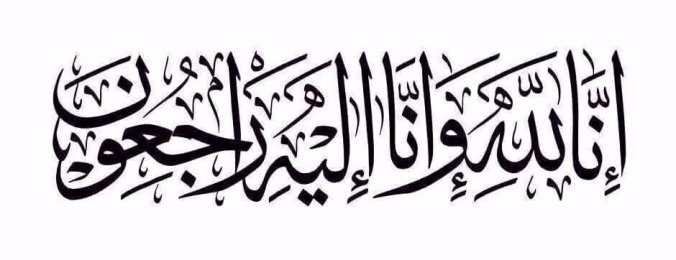
This slideshow requires JavaScript.



























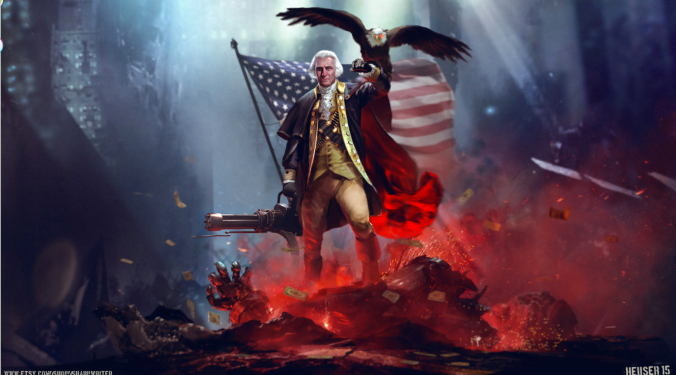
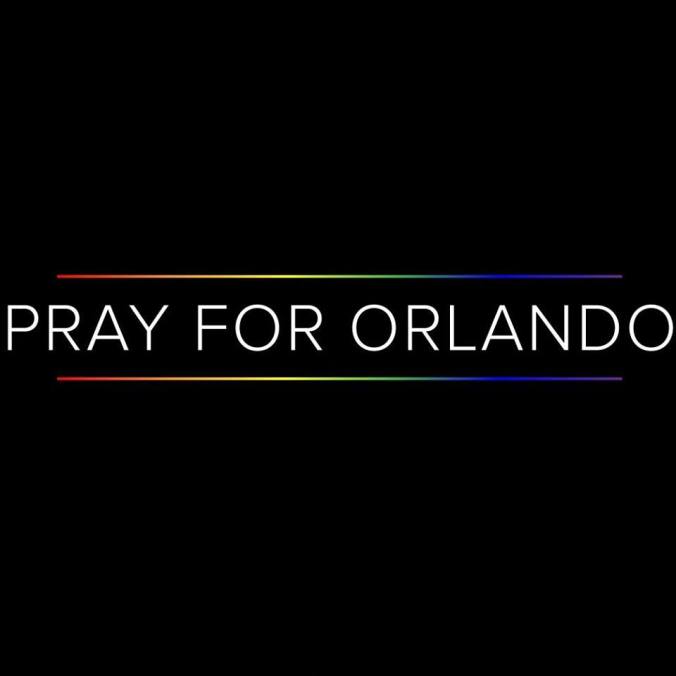 There are things that should give us pause. There are events that should still our movement in acknowledgment of their occurrence. And there are, no doubt, phenomena that should jolt the cacophony of our everyday concerns out of time as we stop in our footsteps. There are indeed things that should give us pause.
There are things that should give us pause. There are events that should still our movement in acknowledgment of their occurrence. And there are, no doubt, phenomena that should jolt the cacophony of our everyday concerns out of time as we stop in our footsteps. There are indeed things that should give us pause.